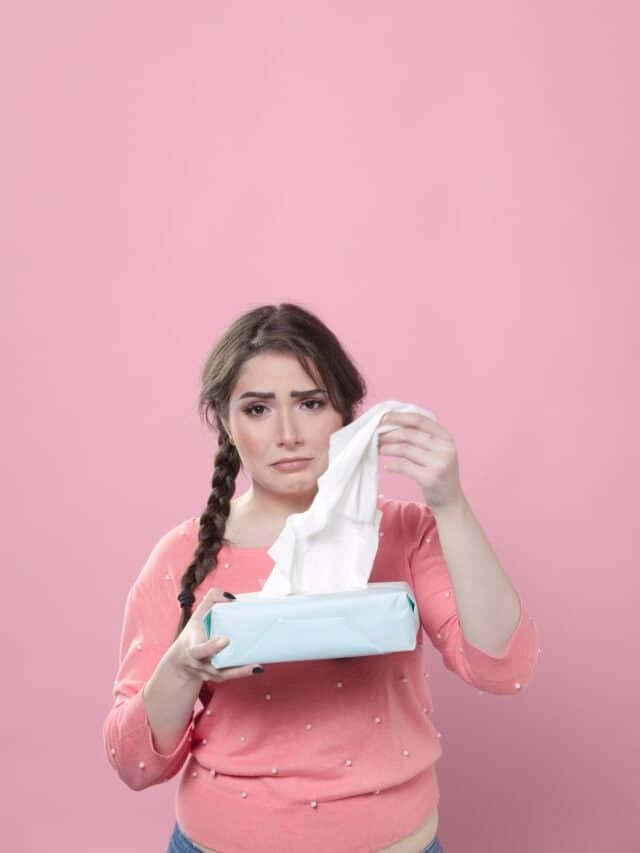Table of Contents
Home Remedies for Oily Skin Some products, including honey and aloe vera, may help you minimize the amount of oil on your skin. Avoiding fried meals is one habit that can be beneficial.
The overproduction of sebum by sebaceous glands causes oily skin. These glands are situated beneath the epidermis.
Sebum is a greasy material composed of fats. Since sebum keeps your hair lustrous and healthy and protects and hydrates your skin, it’s not all negative.
However, excessive sebum production can result in oily skin, which can then cause acne and plugged pores. Stress, hormone fluctuations, and genetics can all lead to an increase in sebum production.
Acne and oily skin are difficult to control. However, without the need for costly skin care routines or prescription medications, home treatments frequently alleviate problems. Here are some at-home treatments for oily skin.
1. Wash your face
Although it should go without saying, many people with oily skin don’t wash their faces every day. You should wash your face twice a day if you have oily skin, but don’t do it too often. Steer clear of strong detergents and soaps. Instead, use a mild soap like glycerin soap.
2. Blotting papers
These thin, tiny papers will help you reduce glossy, greasy skin by blotting excess oil from your face, but they won’t stop your sebaceous glands from going into overdrive. Blotting sheets can be purchased over-the-counter and are reasonably priced. Throughout the day, use as necessary.
3. Honey
One of nature’s most revered skin care products is honey. It may help oily and acne-prone skin because of its antibacterial and antiseptic properties.
Since honey is a natural humectant, it keeps the skin hydrated without being greasy. Humectants extract moisture from the skin without replenishing it, which explains this.
Apply a small layer of honey, ideally raw, to your face, let it dry for ten minutes, and then rinse it off completely with warm water to treat acne and oily skin.
4. Cosmetic clay
Cosmetic clays, also known as healing clays, are used to treat a variety of skin disorders and aid in the absorption of skin oil. Due to its great absorption capacity, French green clay is a common therapy for acne and greasy skin. French green clay is available as a powder.
To create a French green clay mask fit for a spa:
- Mix a teaspoon of clay with filtered water or rose water until a pudding-like consistency is achieved.
- After applying the clay mixture to your face, wait for it to dry.
- Use warm water to remove the clay, then pat dry.
Compared to peel-off masks, clay masks that are removed with water are more kinder to your skin.
5. Oatmeal
Oatmeal absorbs extra oil and soothes irritated skin. It also aids in dead skin exfoliation. Oatmeal is typically ground for use in face masks. It can be mixed with honey, yogurt, or mashed fruit like papaya, bananas, or apples. Applying oatmeal to the face:
- Make a paste by mixing 1/2 cup ground oats with boiling water.
- Add 1 tablespoon of honey and stir.
- Rinse with warm water and wipe dry after massaging the oatmeal mixture into your face for approximately three minutes.
- Or apply the oatmeal mixture to your face, rinse with warm water, and pat dry after 10 to 15 minutes.
6. Egg whites and lemons
Lemons and egg whites are a traditional treatment for greasy skin. It is believed that both substances constrict pores. Lemons and other citrus fruits contain acid, which may aid in the absorption of oil. Lemons contain antimicrobial properties as well. However, those who are allergic to eggs should not use this cure.
To create a face mask with egg white and lemon:
- Mix 1 teaspoon of freshly squeezed lemon juice with 1 egg white.
- After applying it to your face, wait for the mask to dry.
- Use warm water to remove, then pat dry.
7. Almonds
Ground almonds help absorb excess oil and pollutants from your skin in addition to exfoliating it. How to apply a face cleanse with almonds:
- Make 3 teaspoons by finely grinding raw almonds.
- 2 tablespoons of raw honey should be added.
- Apply in gentle circular strokes on your face.
- Use warm water to rinse, then pat dry.
Almonds can also be ground into a paste and then mixed with honey to create an almond face mask. Keep the mask on for ten to fifteen minutes. Use warm water to rinse, then pat dry. If you are allergic to nuts, do not use.
8. Aloe vera
Burns and other skin diseases can be soothed with aloe vera. There is strong scientific evidence that it helps treat oily spots that cause flaky skin, according to the Mayo Clinic. Aloe vera is frequently used to cure greasy skin.
Before going to bed, you can put a tiny layer on your face and keep it on till the next morning. Sensitive skin is prone to experience adverse reactions when exposed to aloe vera. Try a tiny bit of aloe vera on your forearm if you have never used it before. It should be okay to use if there isn’t any reaction after 24 to 48 hours.
9. Tomatoes
Salicylic acid, a classic home treatment for acne, is found in tomatoes. Tomato acids have the potential to clear pores and absorb excess skin oil. To create a tomato mask that exfoliates:
- Mix one tomato’s pulp with one teaspoon of sugar.
- Use a circular motion to apply on the skin.
- For five minutes, keep the mask on.
- Use warm water to rinse well, then pat dry.
Applying tomato slices or merely tomato pulp on your skin is another option.
Avoiding greasy skin Home Remedies for Oily Skin
It is difficult to avoid oily skin whether it is brought on by hormones or heredity. It could be beneficial to regularly take care of your skin and stay away from processed, sugary, and fried foods.
To hide the signs of oily skin, it can be tempting to apply a lot of makeup, but doing so can exacerbate the disease. Limit your usage of cosmetics, particularly foundation, when your oily skin flares up. Select water-based products over those that are oil-based. Choose noncomedogenic products because they are less likely to block pores.
Home cures for oily skin are often touted. The majority of cures lack adequate study. A home remedy’s effectiveness depends on a number of factors, including your unique circumstances and the caliber of the supplies you use.
You may become allergic to treatments you have been using for a long time. Stop using any product if it makes your skin sensitive.
Stop utilizing a home cure and get in touch with your physician or a dermatologist if it makes your symptoms worse. Acne and other serious symptoms of oily skin should also be treated by a doctor since they might cause scarring or infection.

